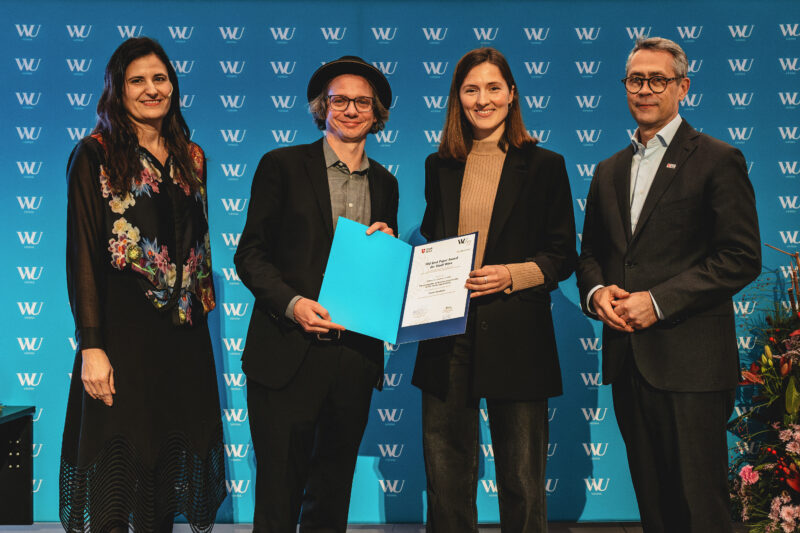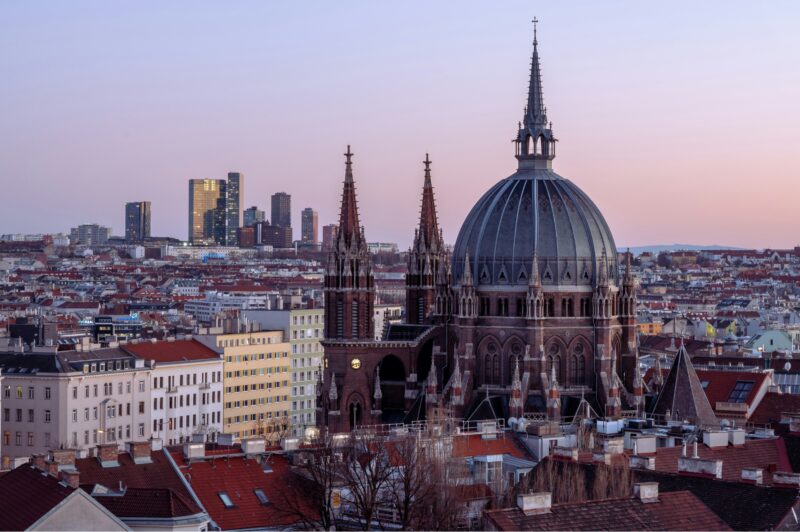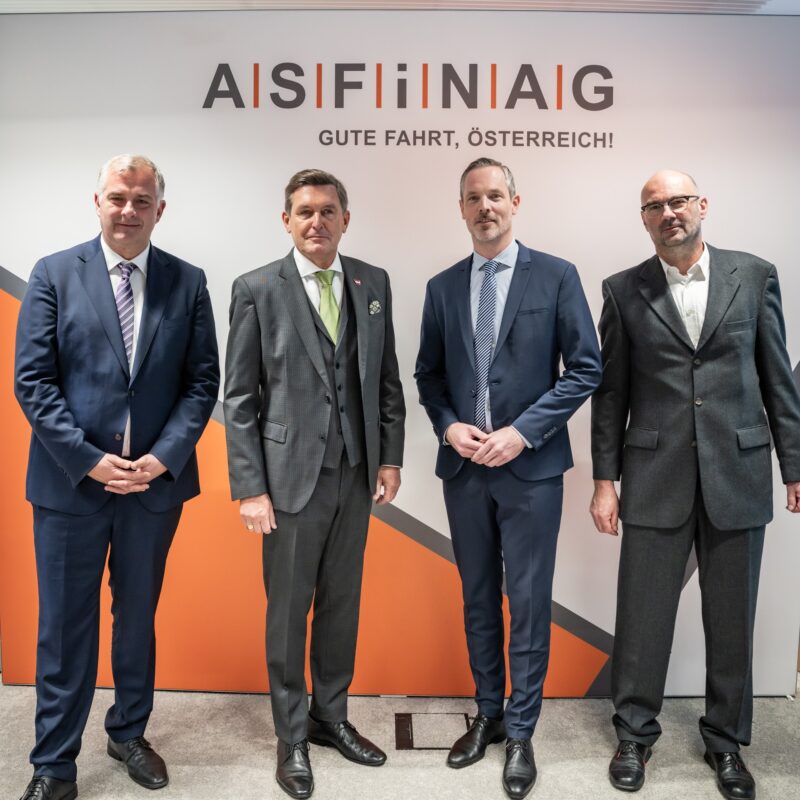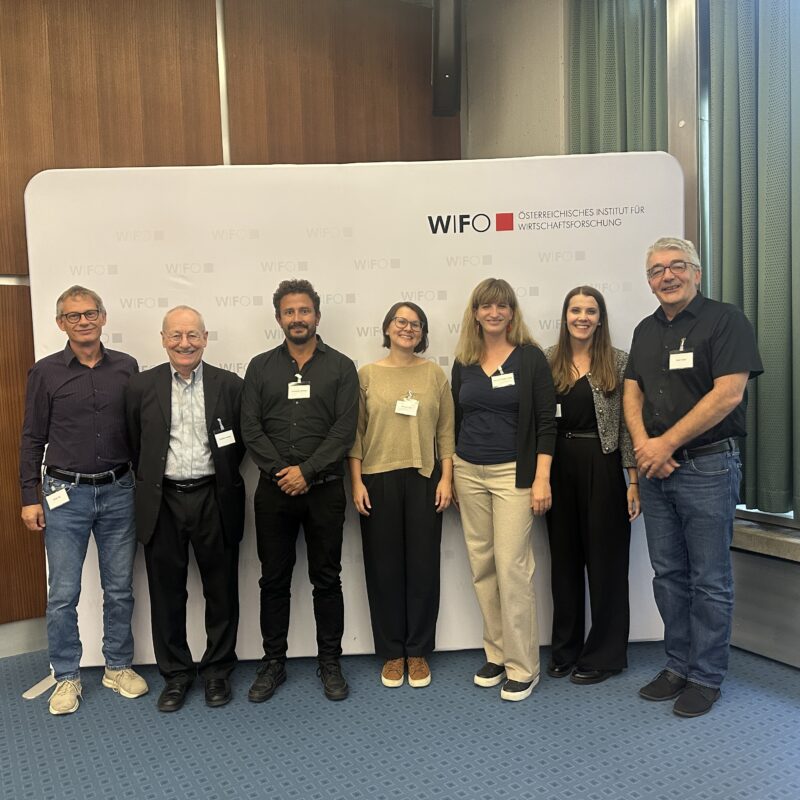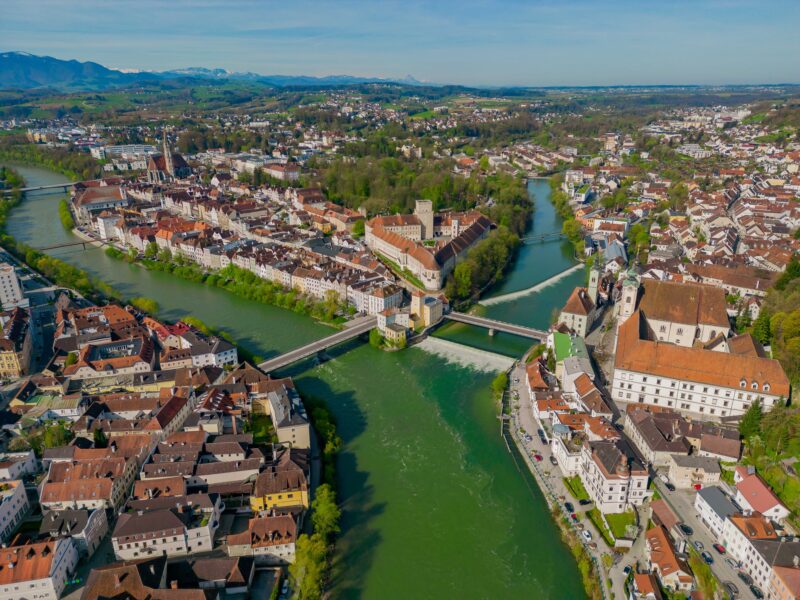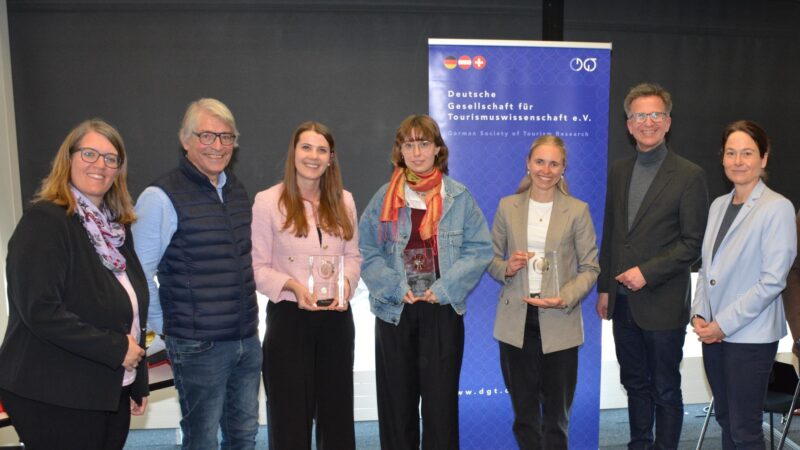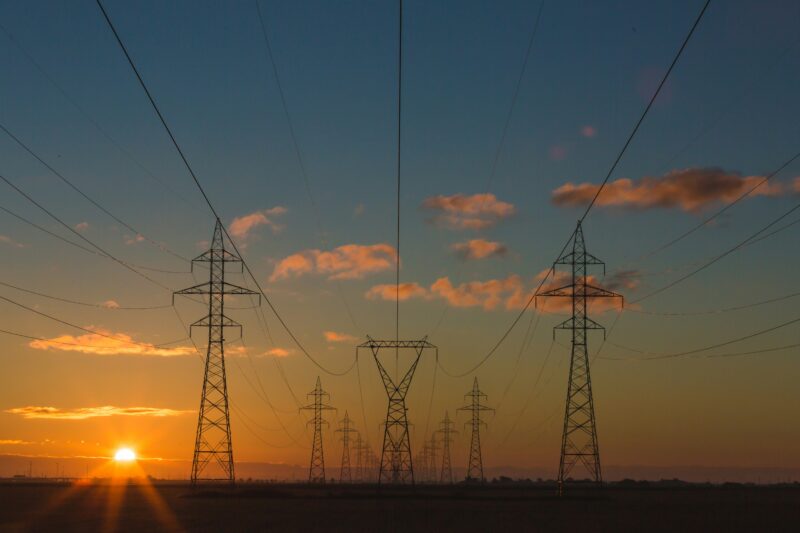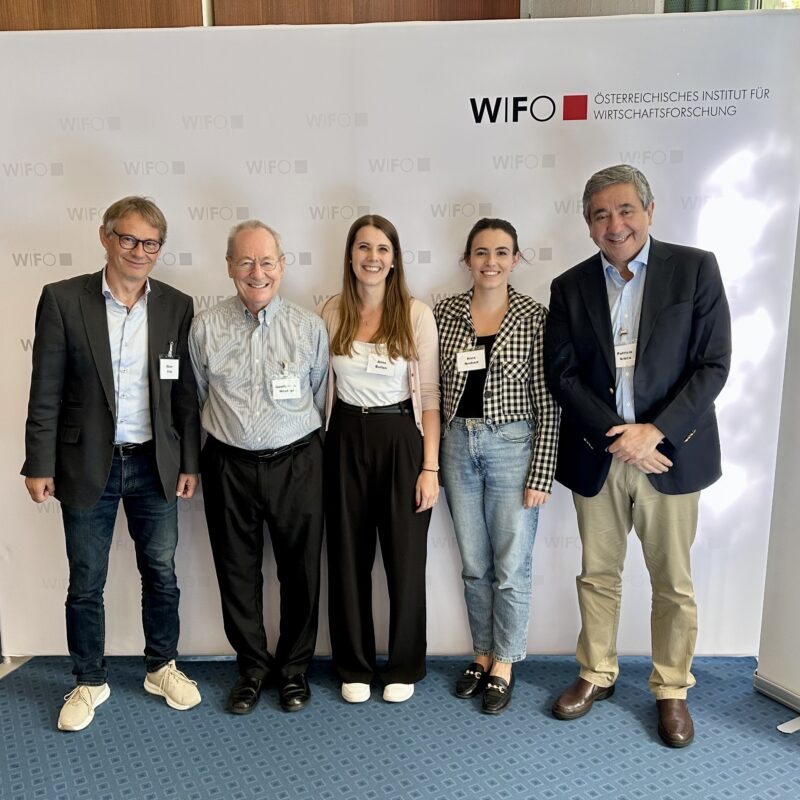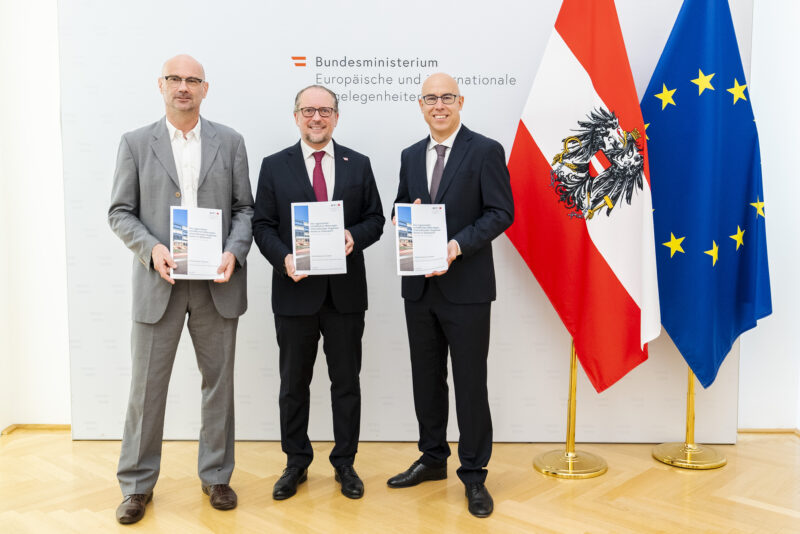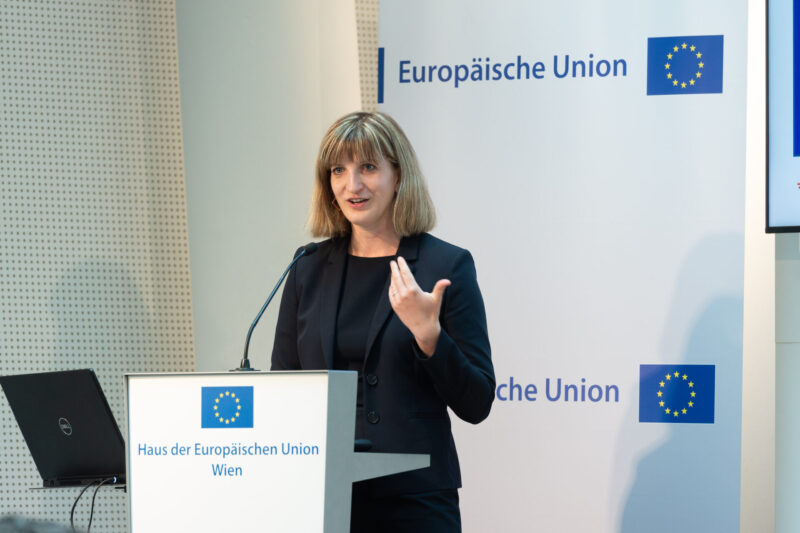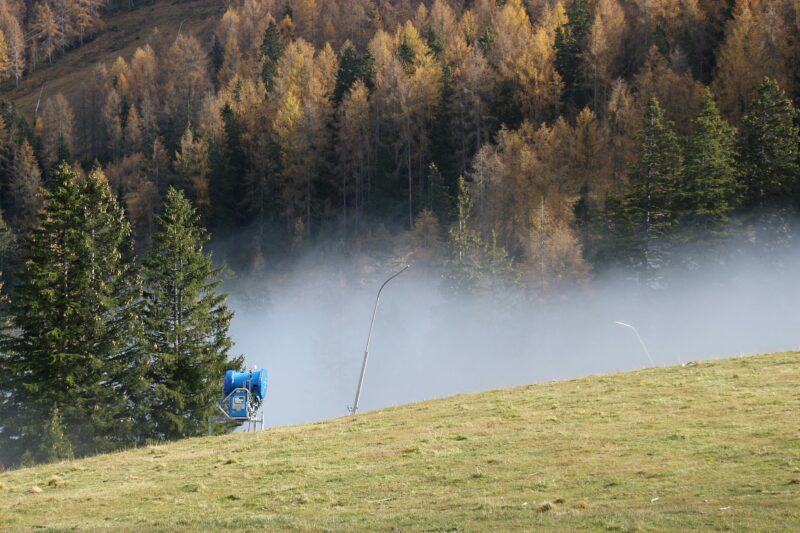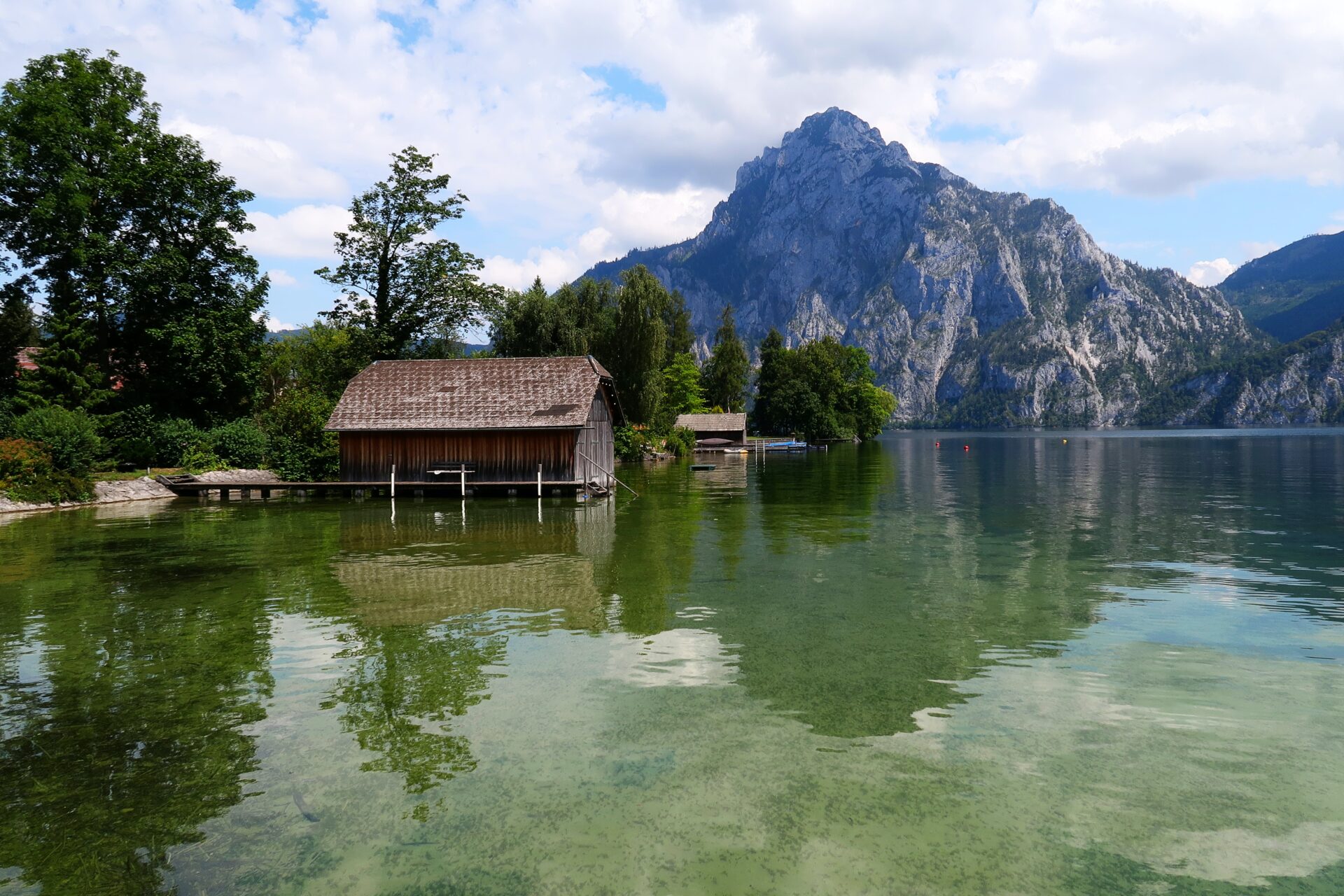
Tourism Analysis: Overnight Stays Almost at Pre-crisis Level, Inflation Curbs Spending
However, as inflation is only slowly declining and the economic outlook worsened, business sentiments have deteriorated so that the tourism industry may perform below expectations for 2023.
After the Austrian tourism industry experienced heavy losses in guest arrivals and overnight stays in the years 2020 and 2021, which were marked by the pandemic (overnight stays in 2020 –35.9 percent, 2021 –47.9 percent compared to 2019), an upswing phase began last year and continued in the first half of 2023. In contrast to arrivals and overnight stays, the price-adjusted revenues of the tourism industry have not yet reached pre-crisis levels. According to a WIFO estimate, nominal revenues from May to July 2023 were 14.5 percent higher than the comparable figure for 2019, but real revenues remained 11.7 percent lower. The guests' renewed desire to travel was thus accompanied by a restraint in spending.
Although almost all tourism regions, including cities, benefited from the recovery in demand, the Alpine regions were particularly successful in the first half of the summer: overnight stays in these regions were on average 3.6 percent higher than in the same period in 2019. Due to climate change, these regions can also expect increased demand in the summer season in the coming years, which implies that the problem of "overtourism" will also affect Alpine destinations in the near future.
Outlook for the full year 2023
Persistently high inflation rates and a worsening economic outlook in Austria and other European countries also dampen the expectations of the domestic tourism industry. Based on the WIFO overnight stays scenario, the volume of demand in 2023 could therefore be around 1.7 percent below the comparable figure for 2019. Consequently, the contribution of tourism to GDP will not quite reach the pre-crisis level. However, a snowy start into the winter could brighten the outlook.



